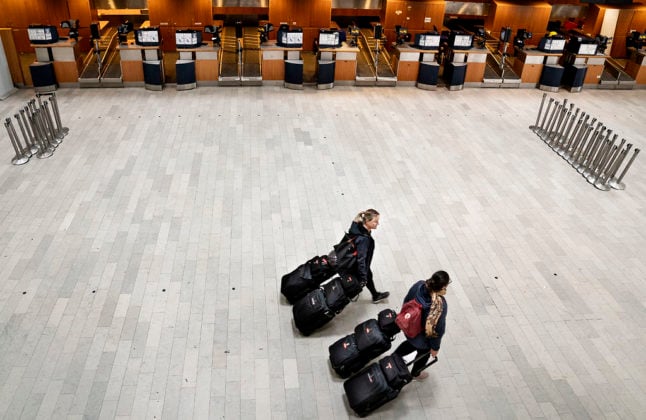The official opening goes into effect Friday at noon, reported public broadcaster MDR. Currently bollards and other barriers are being removed, and a negative coronavirus test no longer needs to be submitted.
Originally the border was to open up again on June 15th. However, Prime Minister Andrej Babis announced on Thursday that he wanted to bring the opening forward.
READ ALSO: Czech Republic bans travellers from 15 countries including Germany and France
“We must return to normality,” the Czech head of government said on public television, adding that it would be good if tourists spent money in his country again.
Germans are the top foreign travellers to the Czech Republic, and accounted for over two million overnight visits in 2019, reported local media.
Saxony’s Interior Minister Roland Wöller declared the reopening to be an important step both for the residents of his state – which borders the central European country of around 11 million people – and for inhabitants of the Czech Republic themselves.
With the freedom to travel, economic and social coexistence will return to normal, he said.
Due to the coronavirus pandemic, the Czech Republic imposed a comprehensive ban on foreigners entering the country in mid-March. The border with Slovakia had already been opened on Thursday.
Starting June 15th, the government in Prague will introduce a graduated “traffic light model” for other countries, which will divide them into risk groups.
While citizens from “green” countries such as Germany and Switzerland will be given the go-ahead for unrestricted travel, travellers from France, Italy and Spain will have to present a negative laboratory test for the coronavirus on entry.
On Tuesday German Foreign Minister Heiko Maas said that Germany would repeal its travel warning for 31 countries in Europe as of June 15th.
READ ALSO: Germany to lift travel warning for EU countries from mid-June
Vocabulary
Bollard – (der) Poller
The border opening – (die) Grenzöffnung
Coexistence – (das) Zusammenleben
Traffic light model – (das) Ampelmodell
We're aiming to help our readers improve their German by translating vocabulary from some of our news stories. Did you find this article useful? Let us know.



 Please whitelist us to continue reading.
Please whitelist us to continue reading.
Member comments